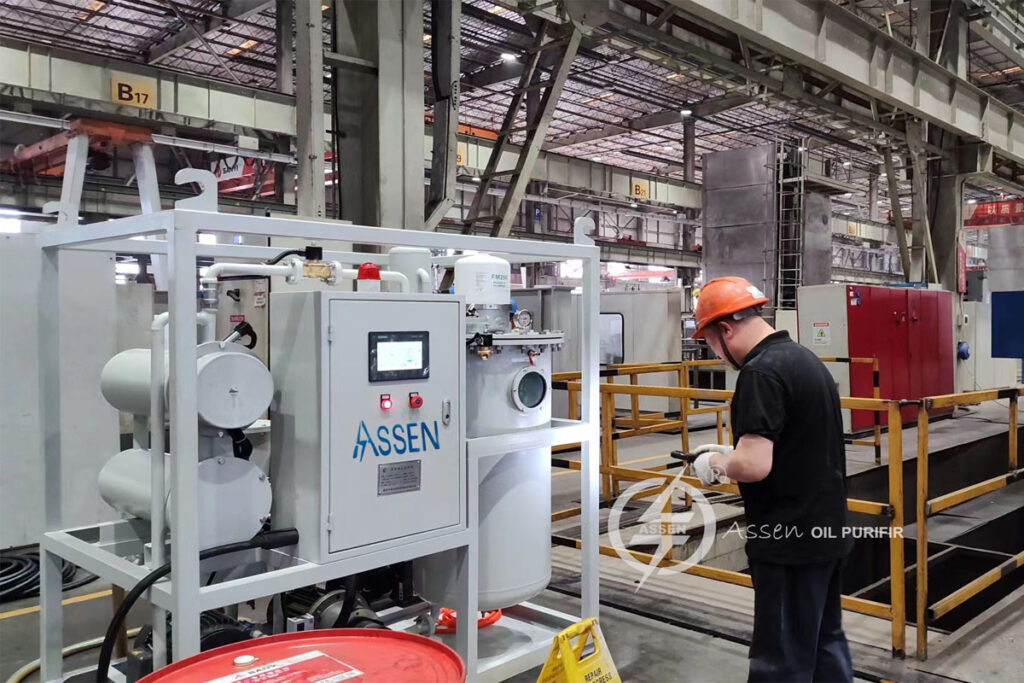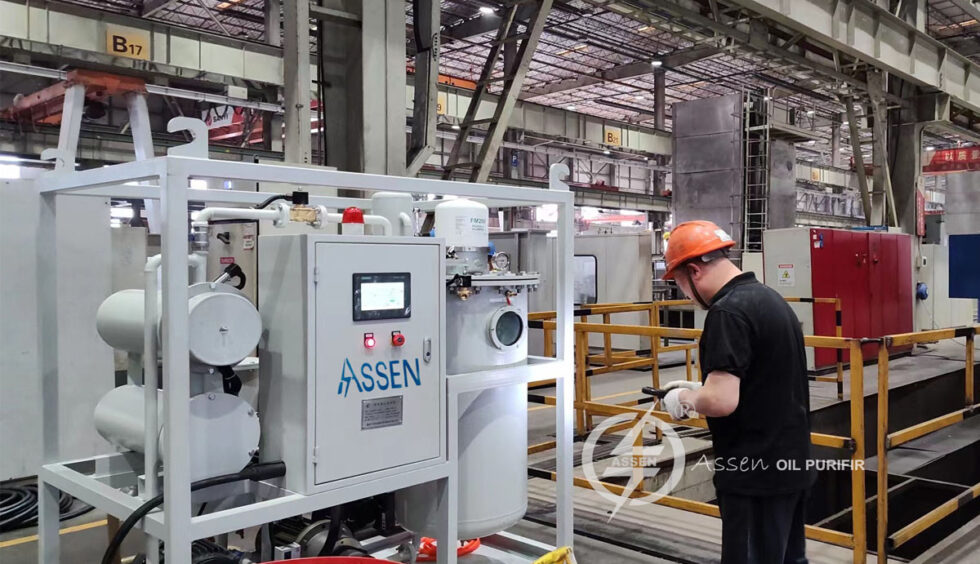What is a Hydraulic System?
A hydraulic system operates based on Pascal’s law which states that when pressure is applied to a confined fluid, the pressure change is transmitted undiminished throughout the fluid. This principle allows for the multiplication of force within the system, enabling it to perform tasks such as lifting heavy loads or operating precision machinery.
What’s the Significance of Regular Hydraulic System Maintenance
Regular hydraulic system maintenance is essential for ensuring optimal performance, reliability, and longevity. Proper maintenance contributes to improved performance and reliability of hydraulic cylinders and hoses. Routine inspections, lubrication, and timely replacement of worn-out components help maintain optimal functioning. Additionally, a well-maintained hydraulic system operates more efficiently, using less energy and reducing wear and tear on the system. This leads to reduced operating costs and longer equipment life.
Moreover, preventive maintenance for hydraulics is crucial in identifying potential issues before they escalate into major problems. By establishing a regular maintenance schedule and adhering to safety regulations through effective preventive maintenance practices, one can create a secure and reliable hydraulic system.
The Role of Vacuum Oil Purification Plant in Hydraulic Systems
Preventive Maintenance (Oil Purification Process) is the cornerstone of ensuring the longevity and optimal performance of hydraulic systems. By conducting regular inspections, cleaning, filtering, lubrication, and adhering to recommended schedules for replacing seals, filters, and other critical components, one can significantly reduce the risk of unexpected breakdowns and costly repairs. This proactive approach helps in identifying potential issues before they escalate into major problems, thereby contributing to the overall efficiency and reliability of hydraulic systems.

Creating a Preventive Maintenance Schedule
Establishing a regular hydraulic system maintenance schedule is critical for maintaining hydraulic systems properly. The schedule should include routine tasks such as inspections, fluid checks, filter replacements, and seal examinations. Additionally, using the right hydraulic fluid, keeping the system clean, and having a plan in place for repairs and replacements are essential components of an effective preventive maintenance schedule.
What to Include in Your Schedule
Regular Inspections: Conduct thorough inspections at scheduled intervals to identify any signs of wear or potential issues.
Fluid Checks: Regularly monitor hydraulic fluid levels to ensure they are within the specified range.
Filter Replacements: Adhere to manufacturer guidelines for replacing filters at recommended intervals to maintain clean fluid within the system.
Seal Examinations: Periodically inspect seals for wear and tear to prevent leakages and ensure efficient operation.
Tools and Resources Needed
To effectively carry out preventive maintenance for hydraulic systems, certain tools and resources are essential:
- Inspection Tools: Utilize pressure gauges, temperature sensors, and flow meters for comprehensive system assessments during inspections.
- Oil Cleaning Equipment: Invest in high-quality oil cleaning equipment specifically designed for hydraulic systems.
- Lubricants: Use appropriate lubricants recommended by manufacturers to ensure smooth operation of moving parts within the system.
- Replacement Components: Keep a stock of replacement seals, hoses, filters, and other critical components on hand to facilitate timely replacements when necessary.
Keeping the Hydraulic System Clean
hydraulic system maintenance is paramount for preventing contamination that can lead to component wear or failure. Proper cleaning techniques help minimize the risk of damage caused by foreign particles or impurities present in the system’s fluid.
Tips for Minimizing Contamination
- Implement a stringent policy for handling and storing hydraulic fluid to prevent contamination from external sources.
- Utilize dedicated storage containers with secure lids to prevent exposure to moisture or airborne contaminants.
- Train personnel on proper handling procedures when adding new fluid or performing maintenance tasks involving the hydraulic system.
Cleaning Techniques
When cleaning hydraulic components:
- Use lint-free cloths: When wiping down components or surfaces within the system, use lint-free cloths to avoid leaving behind any fibers that could contaminate the fluid.
- Employ non-abrasive cleaners: Select cleaners specifically formulated for use in hydraulic systems that do not leave residues or introduce foreign particles into the fluid.
- By incorporating these tips into your preventive maintenance practices, you can effectively minimize contamination risks while maintaining optimal performance and longevity of your hydraulic system.
In conclusion, Preventive maintenance and regular inspections are crucial for maintaining system integrity and safety. Regular inspections, cleaning, and maintenance can identify and address minor issues before they escalate into major breakdowns or failures. Adhering to safety regulations and standards through effective preventive maintenance practices is vital in creating a secure and reliable hydraulic system.
ASSEN is a professional oil purifier manufacturer, and we are devoted to resolving any of your oil filtration issues.
Email:[email protected] Whatsapp:+86-15223801122



